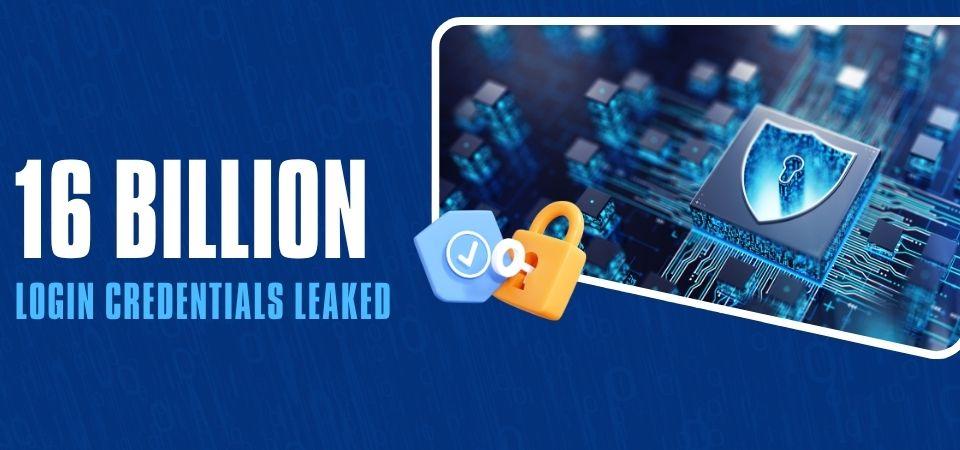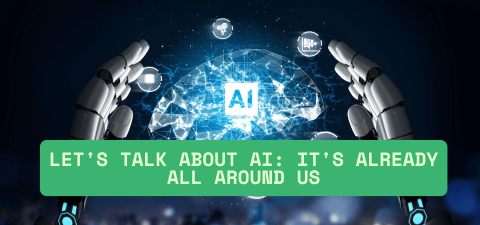
16 Billion Login Credentials Leaked: Why This Giant Breach Means You Need to Act Now
16 billion login credentials have been exposed, which sounds like something from a sci-fi film, but it's actually true. This is a great wake-up contact for everyone who uses the internet, and it's not just a little leak; it's one of the biggest data breaches ever.
What precisely happened then? Security professionals have discovered a massive amount of data floating around the internet, including your emails, passwords, and even telephone numbers. A lot of this data was gathered by program called "infostealers". Think of infostealers as digital spies that sneak onto your computer and grab your login details as you type them in. It's pretty scary stuff.
And indeed, this breach affects pretty much every aspect of your online career. We're talking about credentials held by companies like Apple, Google, Facebook, Telegram, Git Hub, and even the VPN providers you use to keep secret. While some of this information has previously been seen, a sizable portion of this 16-billion-record collection is entirely fresh. This implies that the information is not just outdated, sandy information, but also raw information that attackers might be able to use right now.
Why Do You Care About This?
You might be thinking, "Another information violation? What's brand-new"? However, this one stands out because of how the information was gathered and how it was gathered. Information stealers are created to provide existing, reliable information. Thieves can now do "login thing" much easier because of this, which is when they try to replicate your leaked login from one website on all of your other accounts. You're at a higher risk if you reuse passwords (and let's be honest, many of us do).
This isn't just about the large organizations. This is about having your private info available. That means that virtually everything you do online, including banks, emails, and social media, could be susceptible.
Change Your Credentials: All of Them!
Start with your most significant accounts: your bank, your main email, and any other social media or cloud storage (like Google Drive or iCloud). Operate your way through the rest of the process. Add upper and lower letters, numbers, and characters to make them longer. And please, never modify credentials! One hole means both Twitter and your bank are exposed if you use the same password for both.
Turn on Two-Factor Authentication (2FA)
This is your breach-resistant hero bay. Without that next step, which is typically a code generated by an application or sent to your phone, they can't access your account even if they have your login. It adds a layer of protection that is crucial. Set it up on each and every bill that offers it.
Watch Out for Phishing Scams
Thieves will try to trick you because there is so much information out there. Be extra cautious when requesting registration information from emails or information. Never click on any suspicious references until you have already entered the website's address.
This large leak serves as a clear reminder that everyone should be aware of online security. You can drastically improve your security and make your digital life safer by following these easy instructions.



